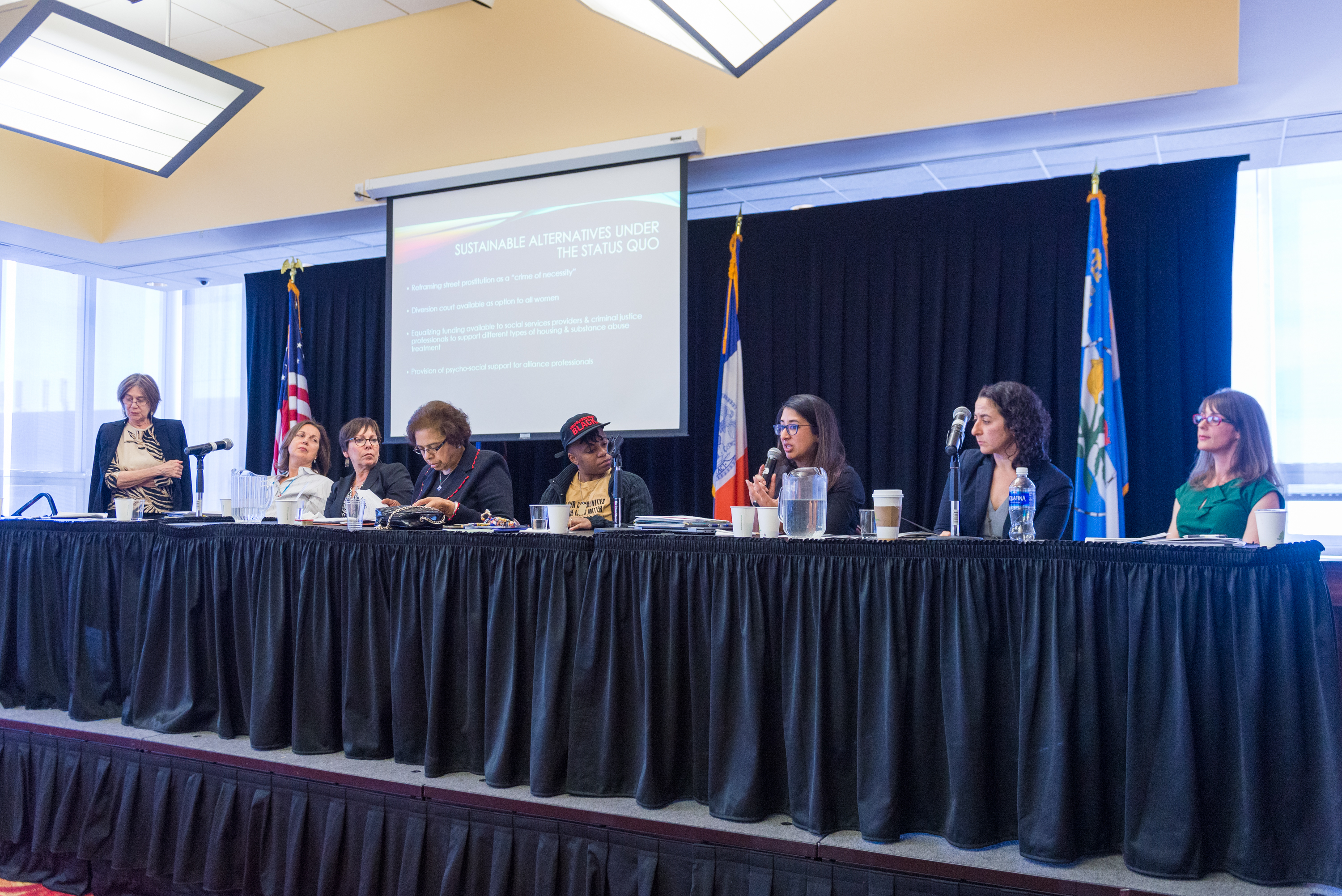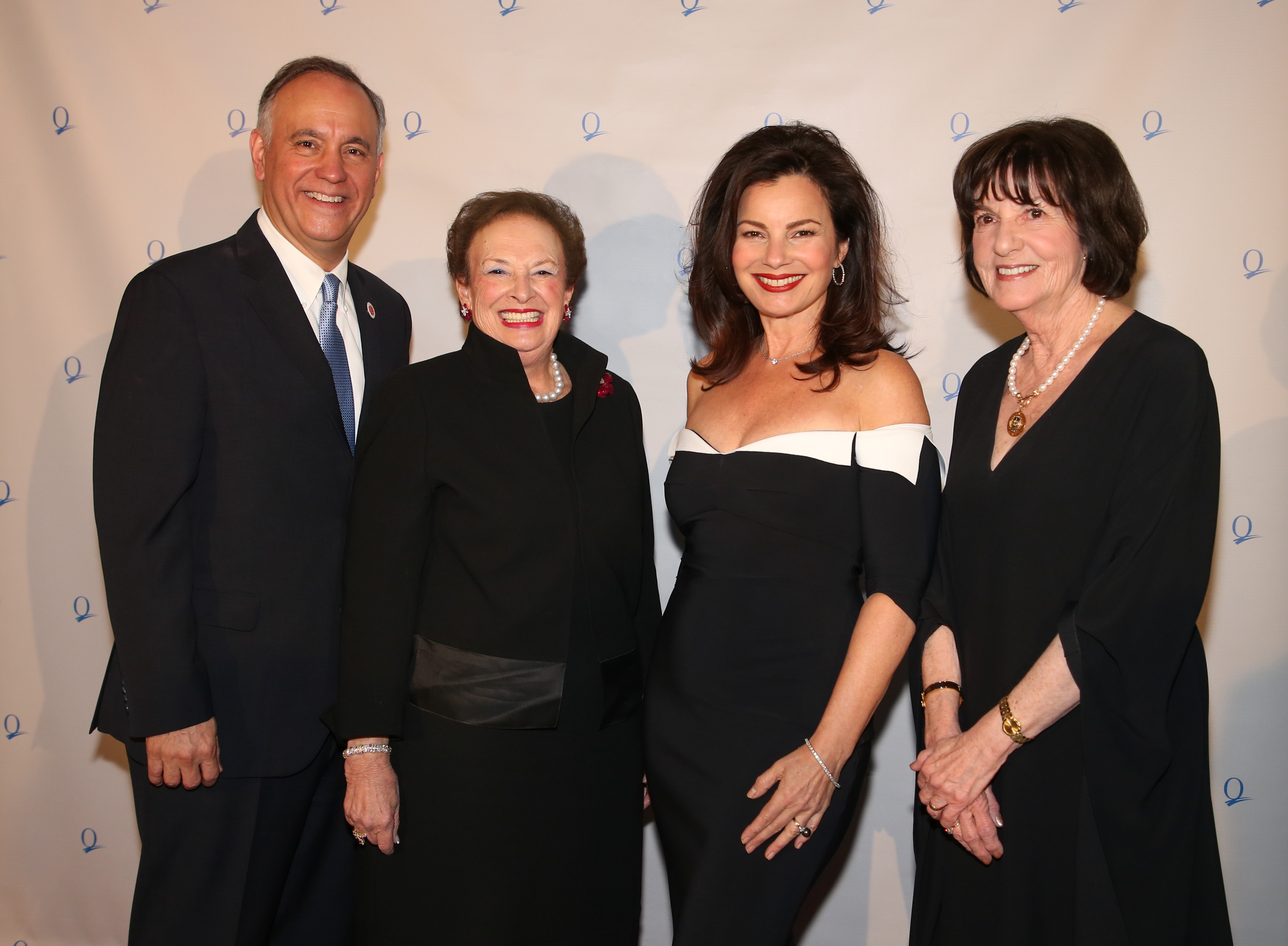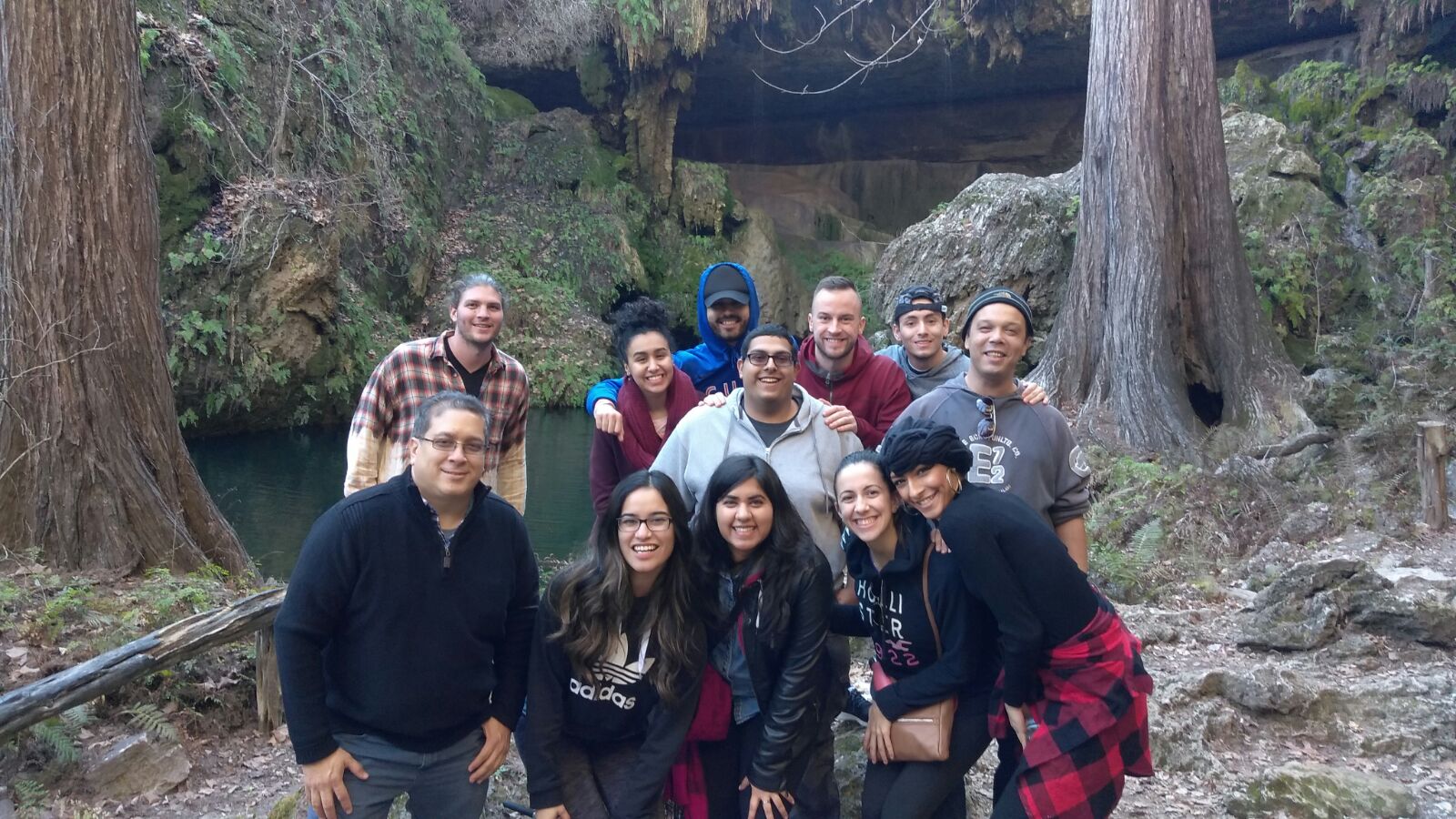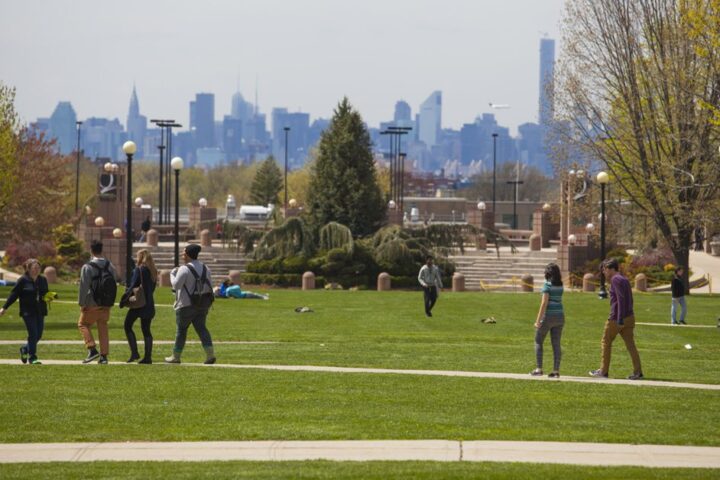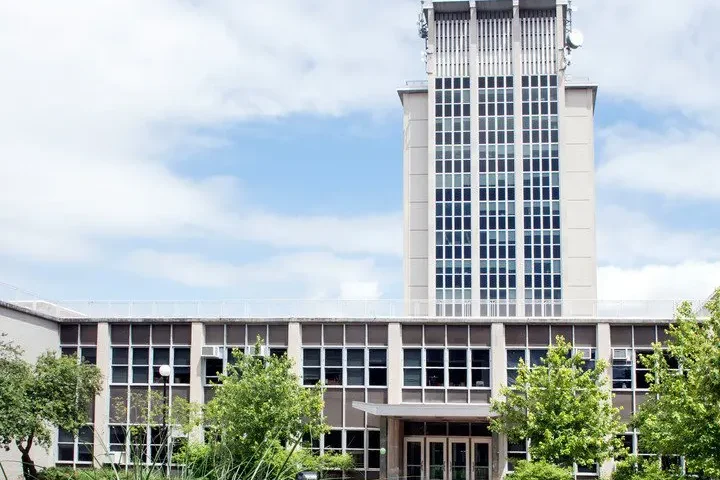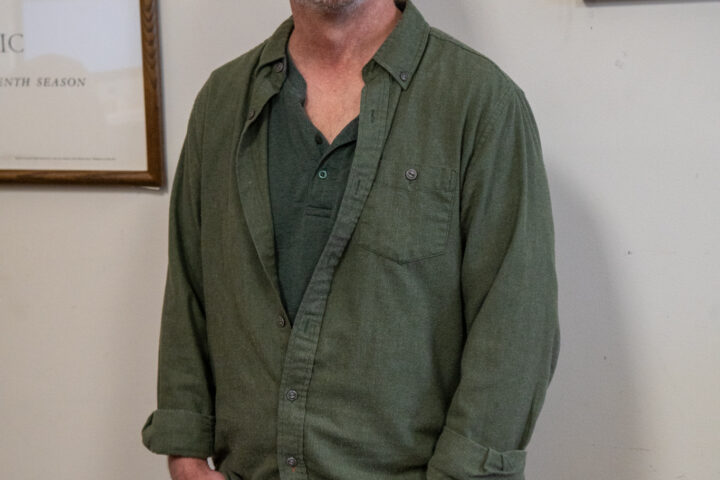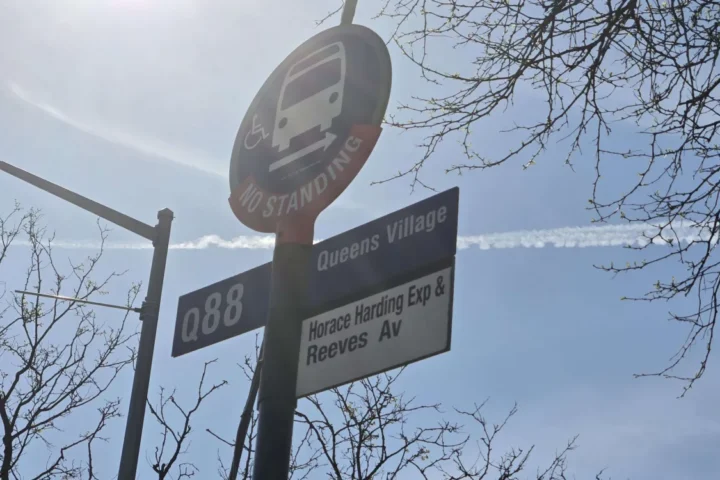On Monday, March 20, the Queens College Women and Gender Studies program presented the Virginia Frese Palmer conference on the fourth floor of the Student Union. In honor of Women’s History Month, the conference focused on women and policing, including discussion about the injustices of improper policing as well as women in law enforcement working to improve the system.
The seven panelists each came from different cultural and occupational backgrounds. The speakers were on stage sharing their experiences, beliefs and aspirations within the topic.
Queens College President Felix Matos Rodriguez commenced the event with a speech about his personal opinion on the matter, along with a quote from Virginia Frese.
“There has been a surge of attention and media interest on this topic of policing. What’s missing in the mainstream media and reporting is the attention of women in the police force.”
Director of the Women and Gender Studies program, Joyce Warren, coordinated the event.
Attorneys, professors, activists, presidents and former police officers came together with different occupations, but similar perspectives. Topics such as race, independence, equality, and hierarchy correlated with gender and inequality and were discussed by the panel.
Lydia DeLisi, a former police officer, is now a facilitator in the Human Relations Unit of the Police Academy, she also helped train police officers in sensitivity and ethical awareness.
DeLisi spoke about the challenges and experiences of being a woman police officer in the 1980s.
“Some of the challenges that I met when I joined was not being physically strong enough. My father made me eat potatoes because I was too skinny. I had to match the physical standards of men,” she said. “The fact that we were females in the police department wasn’t really looked at as the asset that it really is. Women of color, different ethnicities and cultures helped make the police department what it is today.”
Laura Goodman, a police adviser for the National Center for Women in Policing, focused on the representation of women in police leadership roles and teaching police officers victim-centered engagement.
Goodman commenced her speech with the history of women in policing. She spoke about Rodney King, who was beaten by the Los Angeles Police Department, and the need for more women in policing.
“One of the recommendations I came up with was that they hire the amount of women in the police department equivalent to the amount of women in the rest of the work environment in Los Angeles at the time which was about 40 percent,” she said. “Women use force at substantially lower rates than when men use force. When it is appropriate to use force, women tend to use less lethal force. In other words, when men might go straight to a gun, women would use chemical spray or a taser.”
The concept of women becoming constantly denied and tested by the police departments was often mentioned due to the fitness tests for a police officer and claims that these tests are biased toward women.
Topics such as unity, justice and community frequently came up throughout the conference.
E. Faye Williams, the national president/CEO of the National Congress of Black Women, was appointed by Barack Obama to the Presidential Scholar’s Commission. Williams emphasized the importance of women uniting and what it means to be a black woman in society today.
“We can show that we are in this together; there is power in numbers. It is time for us to do something. Women aren’t featured in the Constitution and we need to be in it,” Williams continued. “Politicians in our country right now are taking our country backwards. We, women, have got to step in and say no, not to us are you going to do this with the progress we have made over the hundred years in policing, a couple hundred years in rights for black people. All of these issues are making us less than human.”
Photo by Andy Poon
cheyna@theknightnews.com


